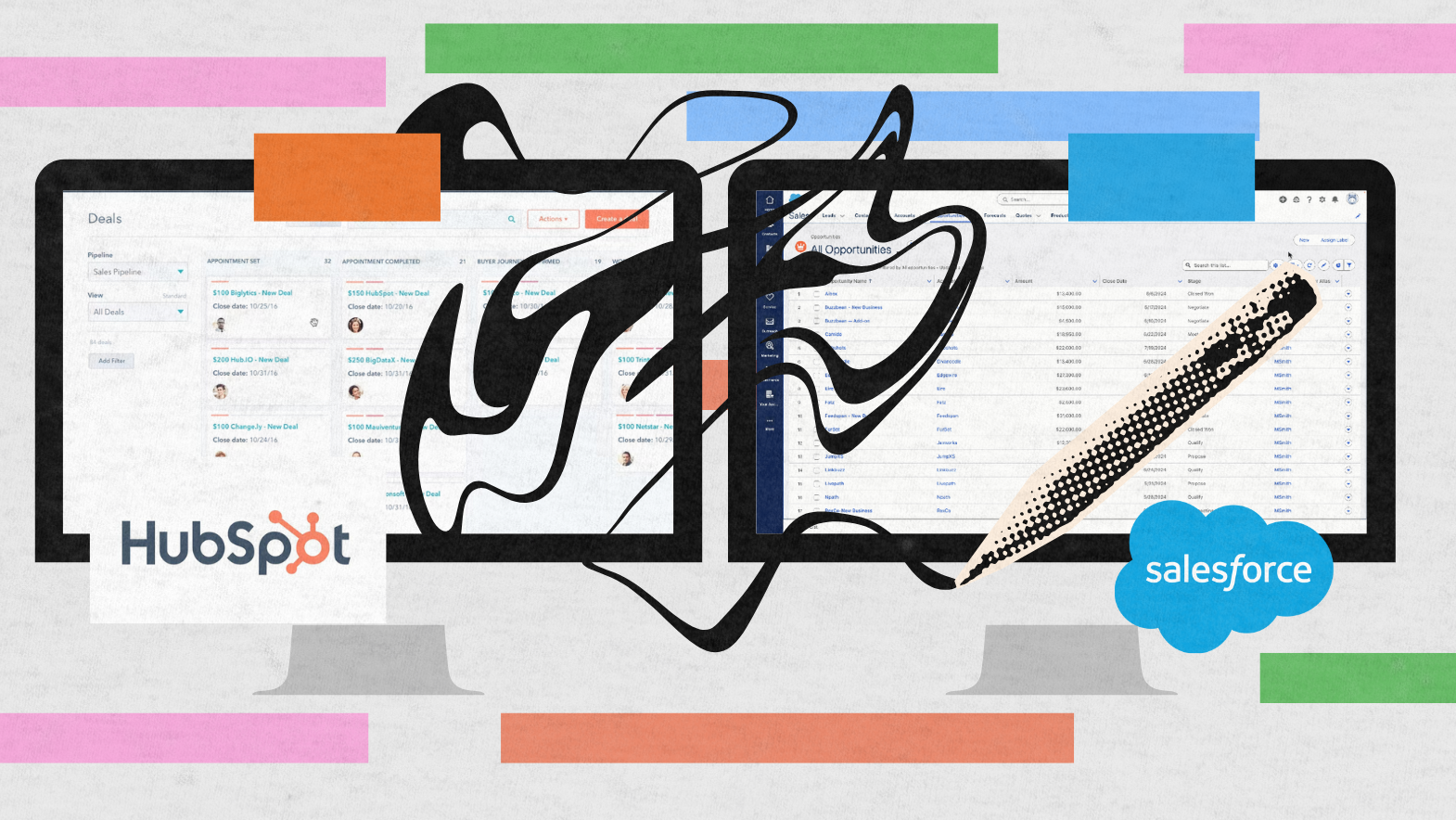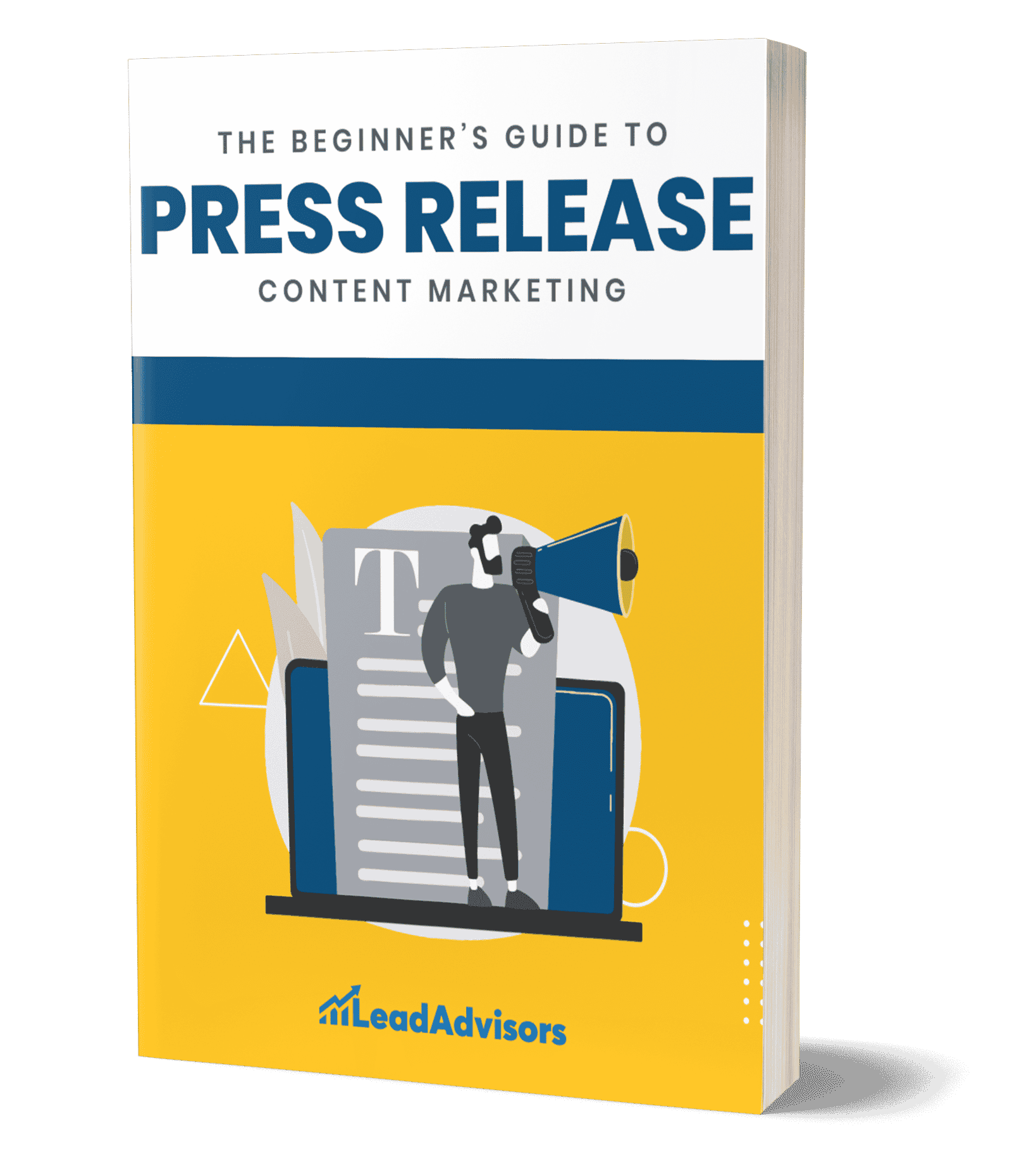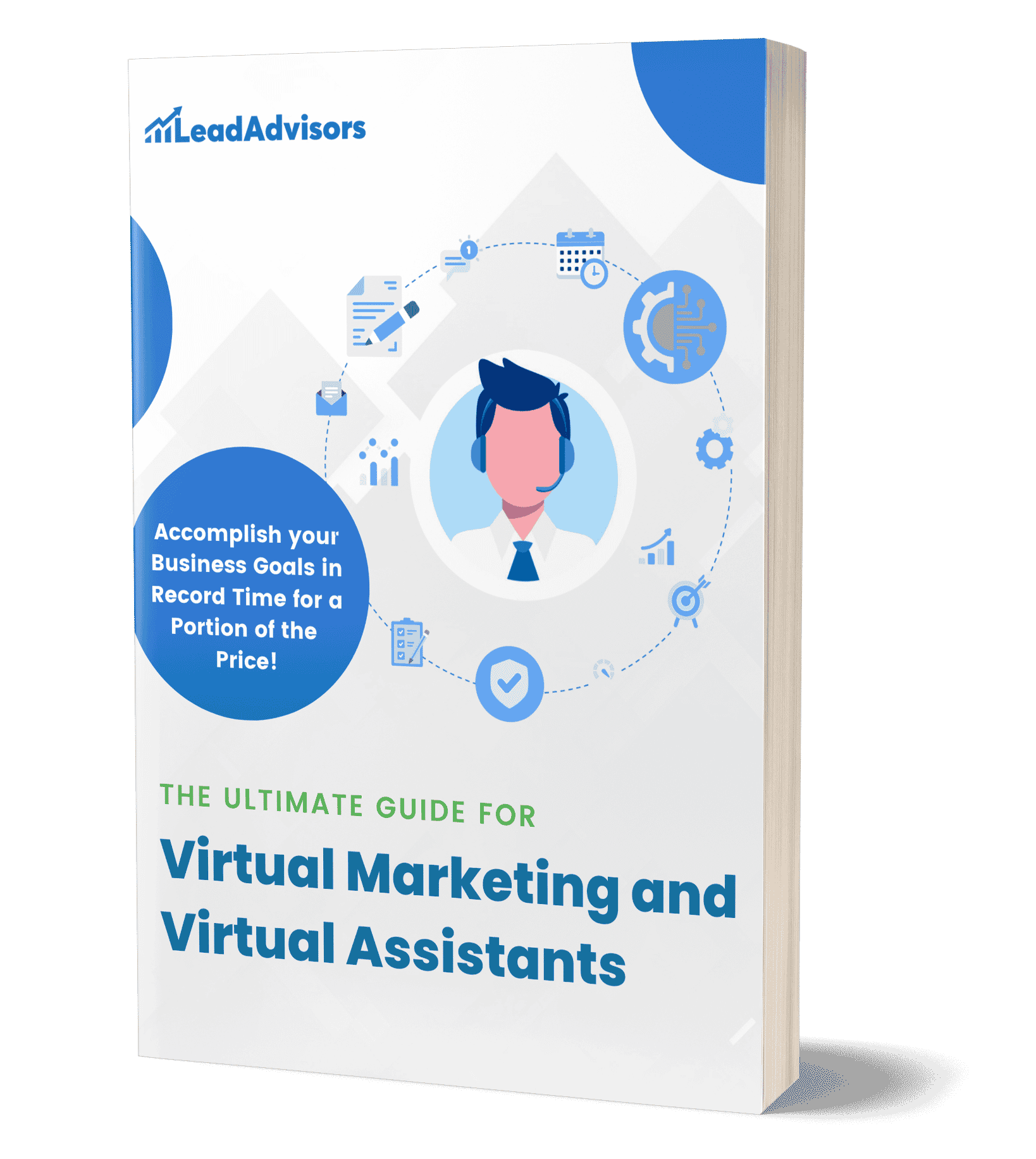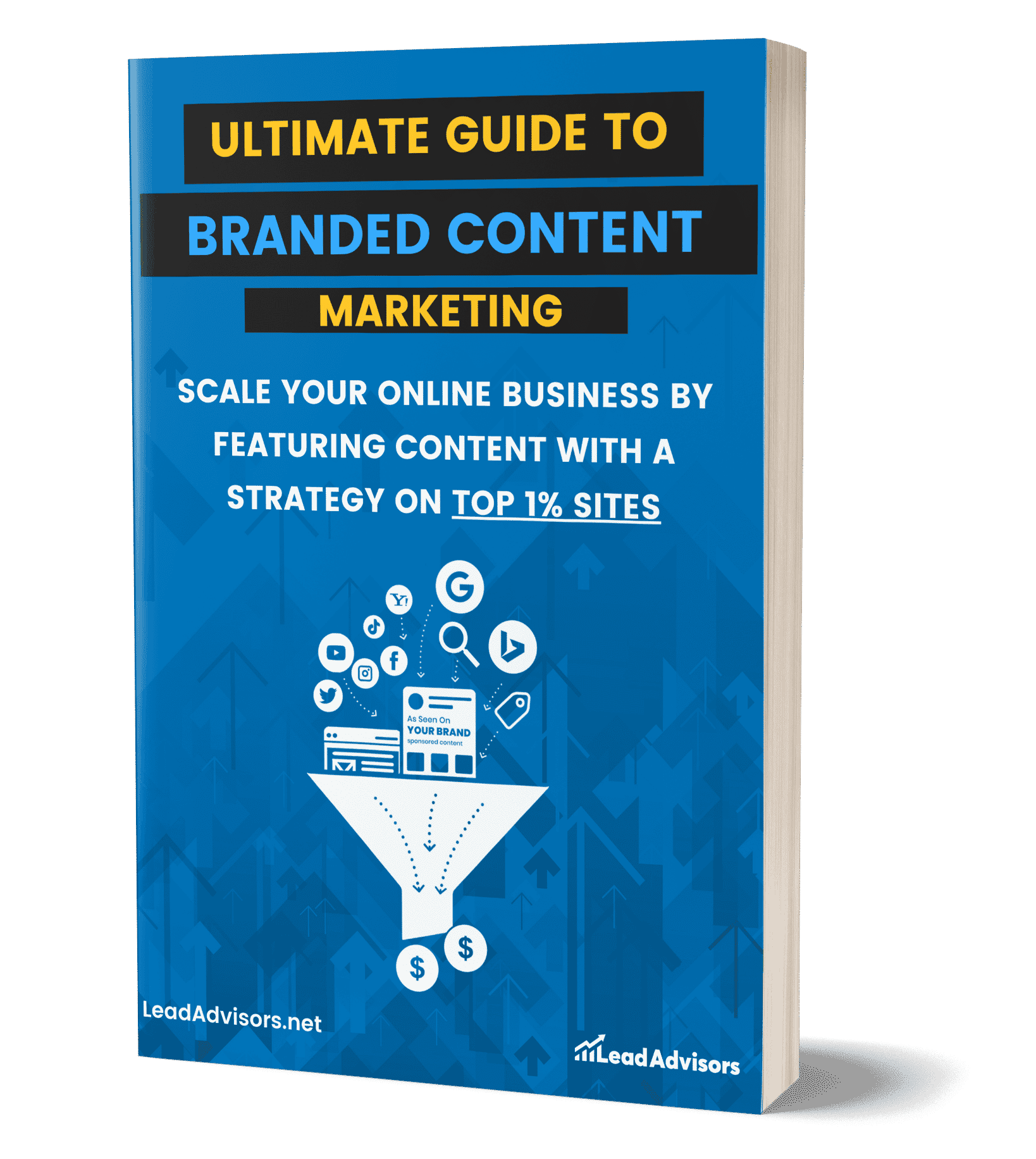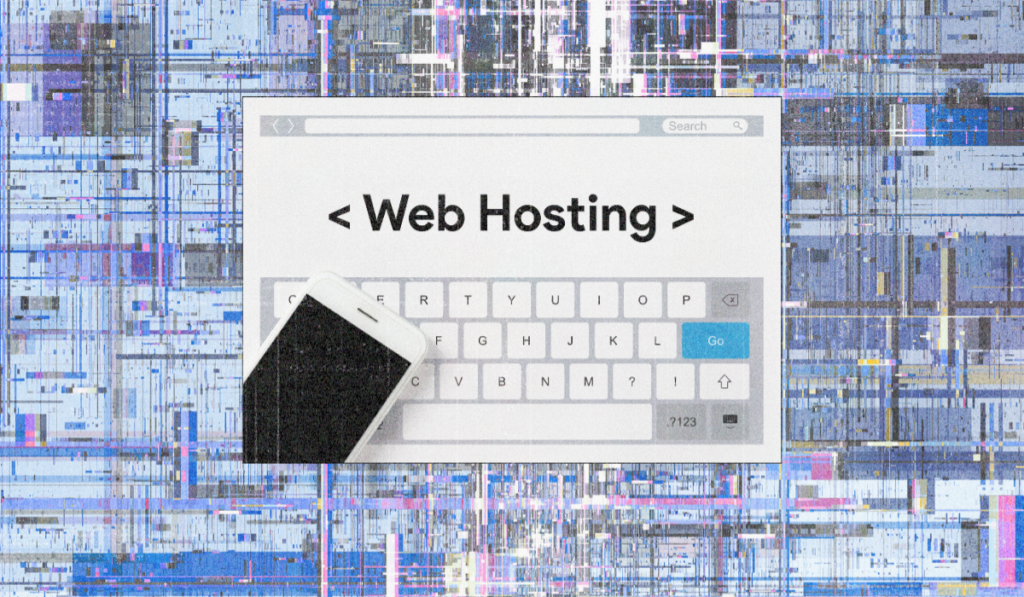Choosing the right CRM software can make or break your sales and marketing strategy. The HubSpot vs Salesforce debate has dominated the CRM platform landscape for years, with both solutions offering powerful customer relationship management capabilities. HubSpot delivers an intuitive interface ideal for small businesses and growing teams, while Salesforce provides enterprise-grade advanced features for complex workflows.
This comprehensive Salesforce vs HubSpot comparison examines pricing models, marketing automation, sales tools, and core features to help you determine which CRM platform aligns with your business growth objectives. Whether you’re managing a startup or leading large sales teams, we’ll guide you through this critical decision.
HubSpot vs Salesforce at a Glance
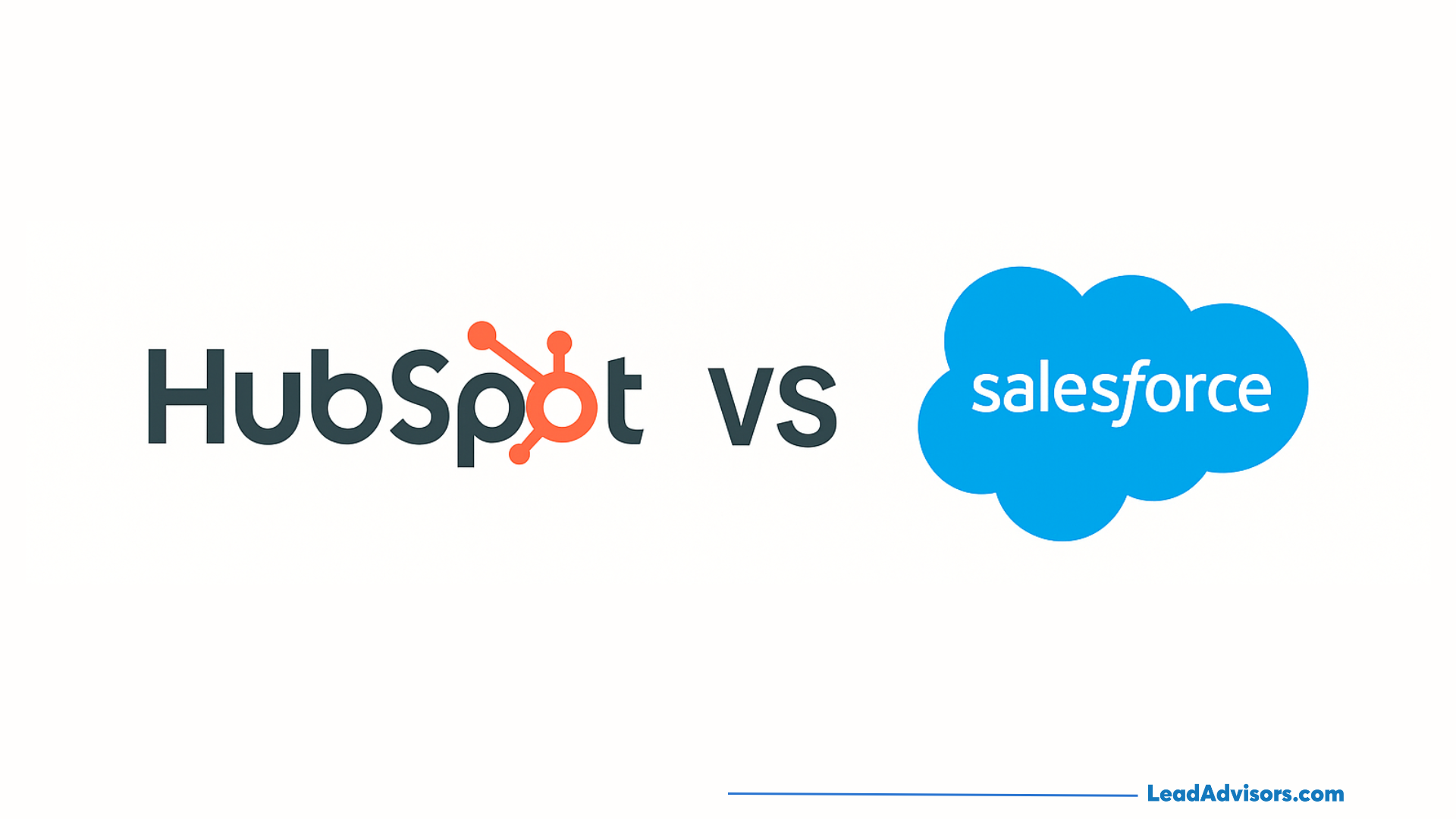
Before discussing the HubSpot vs. Salesforce comparison, let’s establish a clear overview of how these two CRM platforms compare.
Understanding CRM Software Basics
Customer relationship management (CRM) software is the central hub for managing customer interactions, sales processes, and marketing campaigns. Modern CRM tools help businesses track leads, manage deals, automate workflows, and gain actionable insights from customer data. The right CRM platform is essential for streamlining sales and marketing features, improving customer service, and driving business growth.
Quick Comparison Table
| Feature | HubSpot | Salesforce |
| Best For | Small businesses, startups, growing teams | Enterprise customers, large sales teams, complex organizations |
| Starting Price | Free plan available; Starter Suite from $20/month | Sales Cloud Starter from $25/user/month |
| Ease of Use | Intuitive interface, minimal learning curve | Steeper learning curve, may require Salesforce consultants |
| Setup Time | Minutes to hours | Days to weeks |
| Marketing Automation | Built-in HubSpot Marketing Hub | Requires a separate Salesforce Marketing Cloud |
| Customization | Moderate customization options | Extensive customization and complex workflows |
| Integration Ecosystem | 1,500+ integrations via app marketplace | 7,000+ integrations, robust third-party apps |
| AI Capabilities | HubSpot AI for content and insights | Salesforce Einstein for predictive analytics |
| Support & Training | HubSpot Academy, chat support | Salesforce Trailhead, consultant network |
| Ideal Team Size | 1-200 employees | 50-50,000+ employees |
This Salesforce vs HubSpot snapshot reveals fundamental differences in approach: HubSpot offers an all-in-one crm software solution designed for user-friendly adoption, while Salesforce provides enterprise-grade functionality with more advanced features requiring greater investment in setup and training.
Vendor Overviews: HubSpot and Salesforce Explained
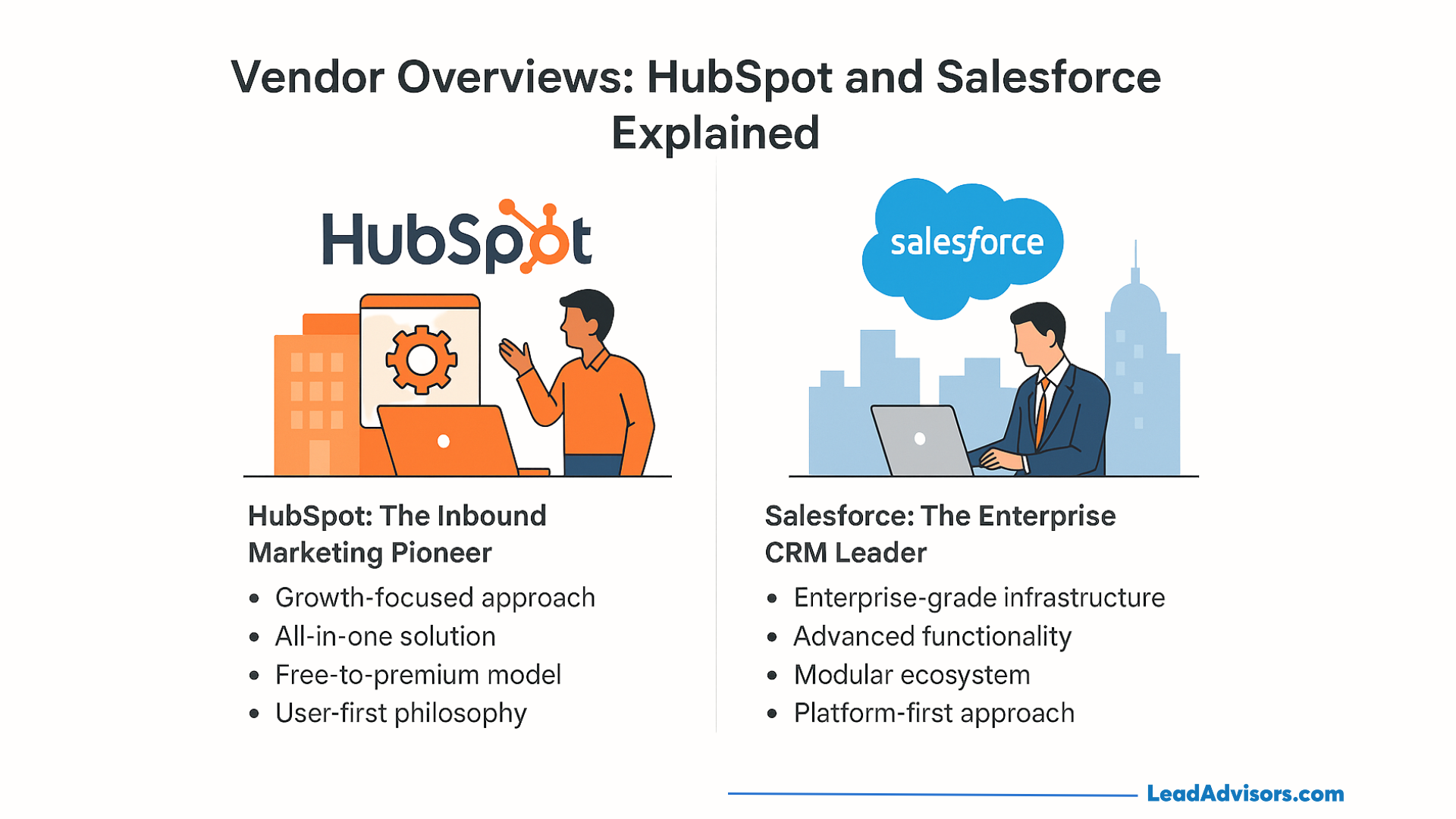
Understanding the origins and strategic positioning of both HubSpot and Salesforce provides crucial context for the HubSpot vs. Salesforce decision.
HubSpot: The Inbound Marketing Pioneer
Founded in 2006 by Brian Halligan and Dharmesh Shah, HubSpot revolutionized customer relationship management by introducing the inbound marketing concept. The company built its CRM platform around attracting customers through valuable content rather than interruptive advertising.
HubSpot’s Positioning:
- Growth-focused approach: Explicitly designed for small businesses and medium-sized companies looking to scale efficiently
- All-in-one solution: Combines marketing automation, sales hub, service tools, and content management in a unified platform
- Free-to-premium model: Offers a robust free plan that allows businesses to start without financial commitment, then upgrade as they grow
- User-first philosophy: Emphasizes intuitive interface design and a minimal learning curve, enabling teams to achieve productivity quickly
HubSpot targets growing businesses that need powerful crm tools without the complexity or cost traditionally associated with enterprise software. The platform excels at integrating sales and marketing features into a seamless experience, making it ideal for companies with 1-200 employees.
Salesforce: The Enterprise CRM Leader
Launched in 1999 by Marc Benioff, Salesforce pioneered cloud-based customer relationship management and became the world’s leading CRM provider. The company’s “No Software” mantra disrupted the traditional enterprise software market.
Salesforce’s Positioning:
- Enterprise-grade infrastructure: Built to handle massive data volumes and support large sales teams across global organizations
- Advanced functionality: Offers deep customization capabilities, complex workflows, and sophisticated automation features
- Modular ecosystem: Provides separate clouds (Sales Cloud, Service Cloud, Marketing Cloud) that organizations can combine based on specific needs
- Platform-first approach: Functions as both CRM software and a development platform, allowing extensive customization through Apex code and custom applications
Salesforce caters primarily to enterprise customers requiring advanced features, extensive customization, and the ability to manage intricate sales processes. The platform dominates among Fortune 500 companies and organizations with complex operational requirements.
Key Philosophical Differences
Both HubSpot and Salesforce excel at customer relationship management, but their philosophies diverge significantly. HubSpot prioritizes simplicity and accessibility, offering CRM tools that teams can implement immediately. Salesforce emphasizes power and flexibility, providing advanced functionality that requires greater investment in configuration and training but delivers unmatched scalability for enterprise customers.
Core Features Comparison: HubSpot CRM vs Salesforce CRM
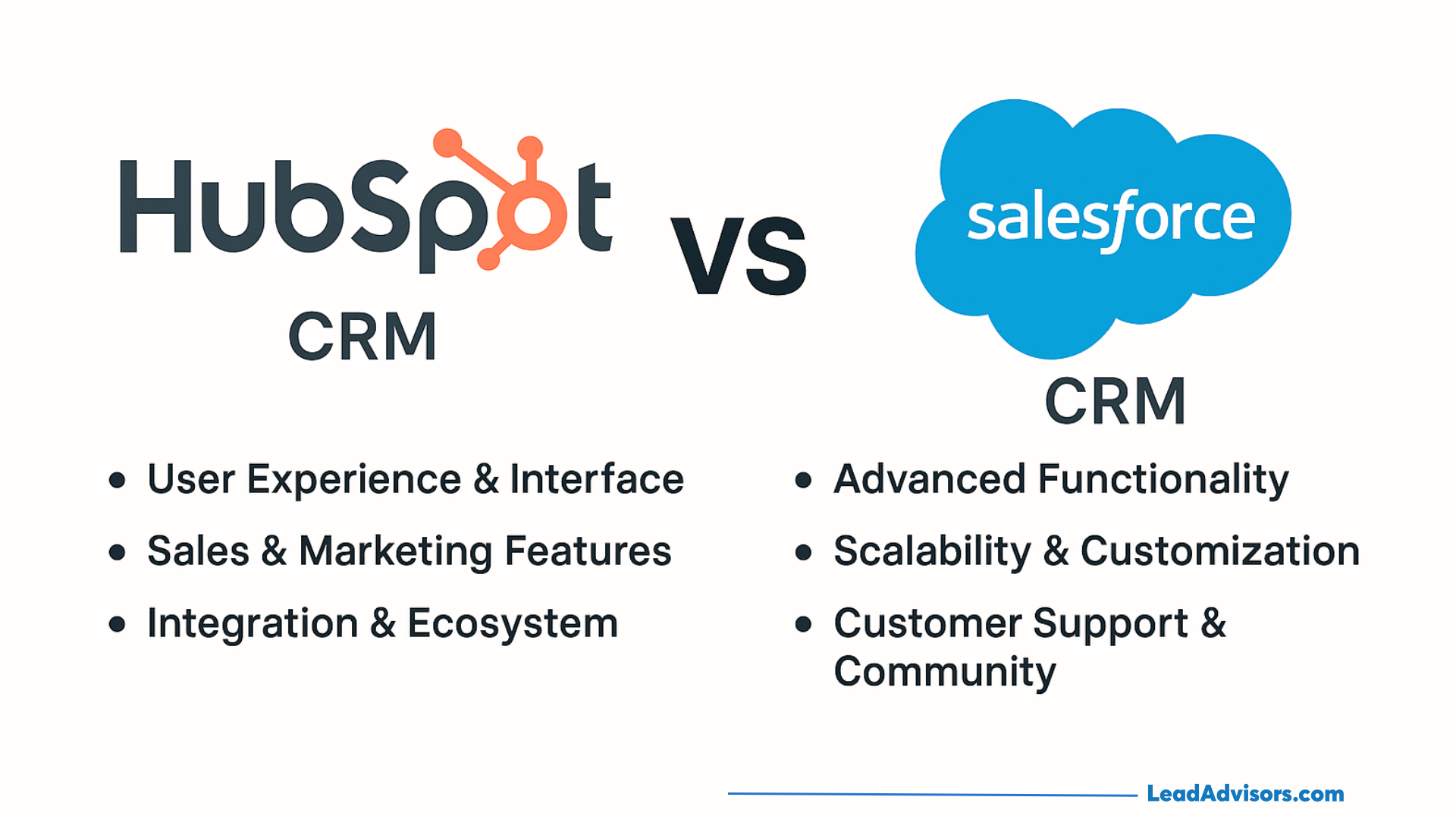
When evaluating CRM software, organizations prioritize usability, functionality, and growth potential. HubSpot and Salesforce take different approaches to these elements, making each platform better suited for specific team structures and business models.
User Experience & Interface
HubSpot delivers a streamlined design with an intuitive interface that enables rapid team adoption without extensive training. The drag-and-drop functionality for emails, workflows, and pipelines attracts businesses seeking quick implementation and immediate productivity.
Salesforce presents a more challenging learning curve due to its comprehensive user interface. While initially complex, it provides depth and adaptability that power users appreciate. In the CRM world, Salesforce performs exceptionally well after proper configuration, though it typically demands dedicated administrators for ongoing maintenance.
Sales & Marketing Features
Both platforms deliver core capabilities, yet each has distinct advantages:
Sales Hub vs Sales Cloud: HubSpot’s Sales Hub emphasizes simplicity with pipeline visualization, deal management, and email connectivity. Salesforce’s Sales Cloud offers greater sophistication through territory assignment, comprehensive forecasting tools, and sales analytics designed for large sales teams.
HubSpot Marketing Hub vs Salesforce Marketing Cloud: HubSpot excels in marketing automation with integrated landing pages, email campaigns, and lead nurturing within its Marketing Hub. Salesforce’s Marketing Cloud targets enterprise-level needs with AI-driven audience segmentation, sophisticated personalization, and cross-channel campaign orchestration, delivering comprehensive marketing features.
For organizations prioritizing unified sales and marketing features within a single platform, HubSpot creates a more cohesive experience. Enterprise marketing teams managing multiple channels and international audiences will find Salesforce better equipped for their needs.
Advanced Functionality
Salesforce specializes in advanced functionality, providing capabilities like predictive lead scoring, predictive analytics, and AI-enhanced conversation intelligence. These tools generate actionable insights, helping enterprises optimize sales strategies and customer relationships.
HubSpot includes reporting and analytics tools, though advanced reporting requires higher-tier subscriptions. While less powerful than Salesforce, HubSpot simplifies performance tracking for small businesses through intuitive dashboards and custom reports.
Integration & Ecosystem
Integration represents Salesforce’s strongest advantage. With the industry’s largest app marketplace, it connects to thousands of third-party apps, making it perfect for organizations with sophisticated technology ecosystems.
HubSpot’s integration network is more compact but expanding. Its connections emphasize usability and seamless integration with platforms like Google Ads, Slack, and Shopify. For businesses requiring HubSpot and Salesforce connectivity, native connectors enable synchronization of contacts, deals, and activities between both systems.
Use cases: HubSpot to Salesforce for qualified lead transfers, or HubSpot integration with Salesforce for pipeline synchronization.
Scalability & Customization
HubSpot effectively accommodates a growing business, though its customization capabilities lag behind Salesforce. The enterprise plan introduces features like hierarchical team structures and custom objects, yet these remain simpler than Salesforce’s sophisticated options.
Salesforce delivers extensive customization, enabling organizations to build complex workflows and configure specialized dashboards for large sales teams. For enterprise customers, Salesforce becomes the preferred solution when customization and control matter more than simplicity.
Customer Support & Community
HubSpot provides robust support through HubSpot Academy, offering complimentary training materials and certifications. This accessibility helps small teams develop expertise without additional financial burden.
Salesforce maintains Trailhead as its educational platform, supported by an international network of Salesforce consultants. However, premium support typically requires extra investment, particularly for advanced service tiers.
Both platforms assist service teams through ticketing systems, knowledge repositories, and multi-channel communication. Salesforce supplies more enterprise-grade solutions like Service Cloud, while HubSpot emphasizes accessibility and straightforward implementation.
Pricing Comparison: HubSpot vs Salesforce
Cost plays a critical role when selecting a CRM platform. HubSpot and Salesforce employ distinctly different pricing models, so your decision should align with whether affordability, growth potential, or enterprise-level flexibility matters most to your organization.
HubSpot Pricing Breakdown
HubSpot takes a transparent approach to pricing, beginning with a robust free plan featuring contact management, email campaigns, and live chat capabilities. This no-cost entry point gives small businesses sufficient tools to handle basic sales processes immediately.
- Starter Suite: This entry-level paid option combines core Sales Hub and Marketing Hub capabilities at an accessible price point. Teams can access deal tracking and basic automation features without breaking the bank.
- Professional & Enterprise Plans: Higher tiers unlock premium features including sophisticated analytics, tailored dashboards, and AI-powered conversation analysis. The enterprise plan supports larger user counts, advanced workflow automation, and more extensive customization options.
HubSpot offers special discounts for startups and nonprofit organizations, making it particularly attractive for growing businesses operating on tight budgets. The transparent pricing structure means few surprises down the road.
Salesforce Pricing Breakdown
Salesforce uses a more intricate pricing structure with higher baseline costs. Without a genuine free plan, smaller organizations may find the barrier to entry challenging. Companies must choose from multiple product suites and supplementary features.
- Sales Cloud & Service Cloud: These foundational products charge per user monthly. They provide sales tools for pipeline management and service data capabilities for support operations.
- Unlimited Plan: The premium tier targets enterprise customers requiring complete functionality, custom data structures, and round-the-clock chat support.
- Hidden Costs: License fees represent just the starting point. Organizations typically need Salesforce consultants or dedicated administrators to build complex workflows. Connecting third-party apps, expanding data storage, and accessing advanced analytics tools all add to the final bill.
While Salesforce offers exceptional scalability and sophisticated capabilities, companies must account for implementation expenses, training investments, and ongoing maintenance requirements.
Total Cost of Ownership & ROI
The actual total cost of ownership extends well beyond monthly subscription charges. HubSpot delivers consistent pricing models, a capable free plan, and streamlined implementation. Salesforce demands a greater initial investment, yet its capacity to support large sales teams and generate customized reports can validate the expense for larger organizations.
- For small businesses: HubSpot delivers superior ROI through its starter suite and clear pricing structure.
- For enterprises: Salesforce can provide stronger long-term returns when your company requires advanced functionality and seamless integration across numerous applications.
The decision ultimately balances financial resources against organizational objectives. When affordability and ease of use take priority, HubSpot represents the more economical choice. When enterprise-grade customization is essential and you’re willing to invest in professional implementation and support, Salesforce offers better long-term value.
Which CRM is Best for You? (Decision Framework)
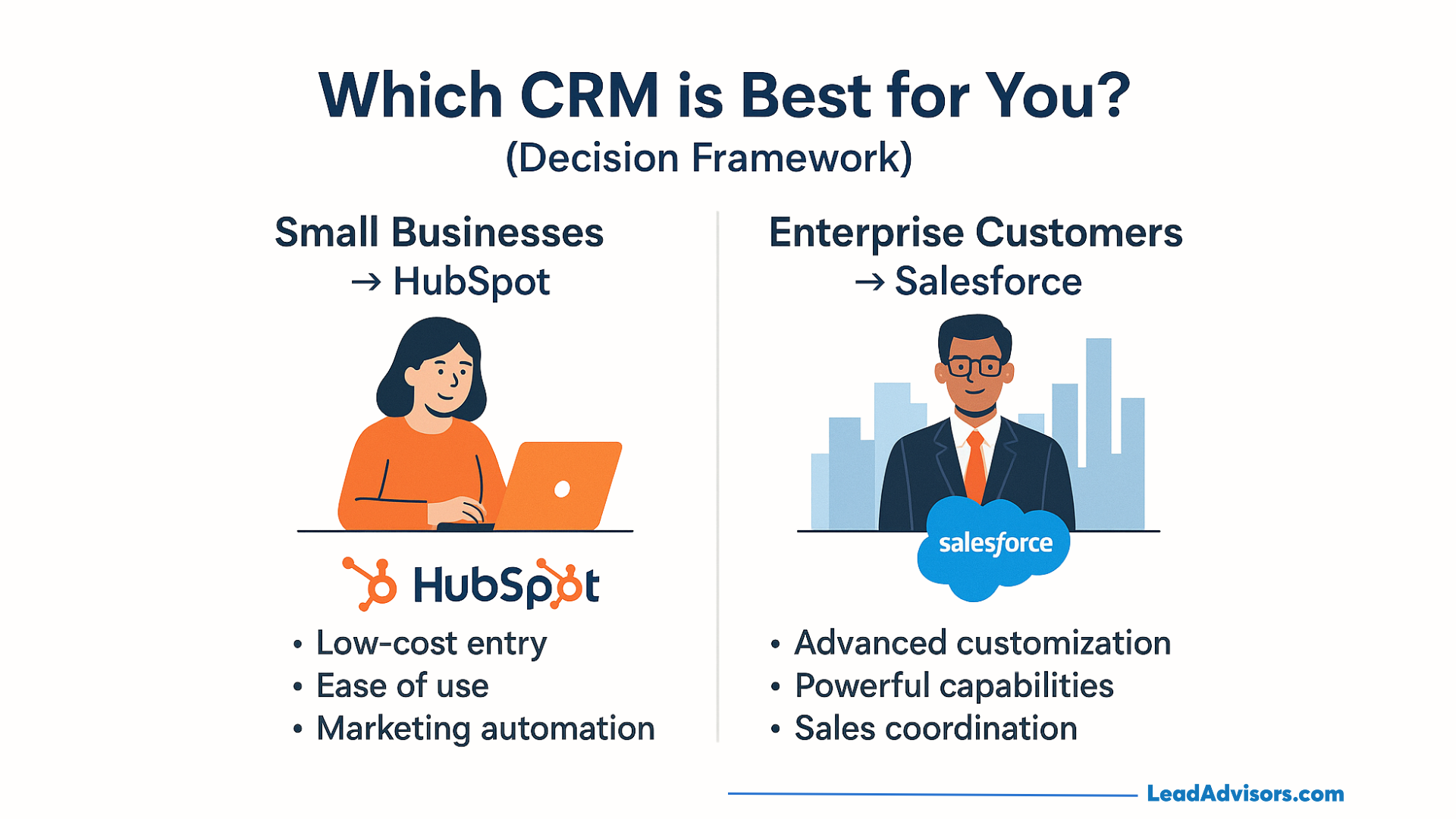
Selecting between HubSpot and Salesforce depends largely on the sales processes your organization needs to execute, your approach to managing deals, and the customization flexibility your team demands. While no universal solution exists, the choice becomes clearer when examining company size, industry requirements, and expansion objectives.
Small Businesses → HubSpot
Small businesses benefit from HubSpot’s no-cost entry option and budget-friendly starter suite. The platform’s user-friendly design and integrated marketing automation enable teams to launch operations rapidly without engaging external specialists.
HubSpot delivers smooth workflow automation connecting its Sales Hub and Marketing Hub, equipping expanding teams with capabilities to cultivate prospects and advance them through the sales pipeline. When simplicity, rapid implementation, and budget management top your priorities, HubSpot represents the superior option.
Enterprise Customers → Salesforce
Organizations with sophisticated sales processes typically favor Salesforce. Its Sales Cloud and Service Cloud deliver extensive customization and powerful capabilities critical for large sales teams. Enterprises requiring granular custom reports, advanced forecasting tools, and connections with diverse third-party solutions will discover that Salesforce better matches their operational scale.
When your organization demands integrated sales coordination spanning multiple departments and the capacity to architect complex workflows, Salesforce proves the more durable long-term choice.
Industry-Specific Recommendations
- B2B SaaS: HubSpot serves agile, rapidly growing teams requiring swift implementation and native campaign reporting capabilities.
- Healthcare & Finance: Salesforce gains preference for robust security protocols, regulatory compliance tools, and specialized features for heavily regulated sectors.
- Nonprofits: HubSpot’s reduced pricing and straightforward configuration make it economical for smaller nonprofit organizations, while Salesforce Nonprofit Cloud offers greater power but demands additional resources for deployment.
Quick Checklist: HubSpot or Salesforce?
- Need a free plan to evaluate before committing? → HubSpot
- Depend on complex workflows with deep customization? → Salesforce
- Prioritize business growth with limited technical resources? → HubSpot
- Oversee large sales teams across multiple regions? → Salesforce
Future Trends: AI and Automation in CRMs
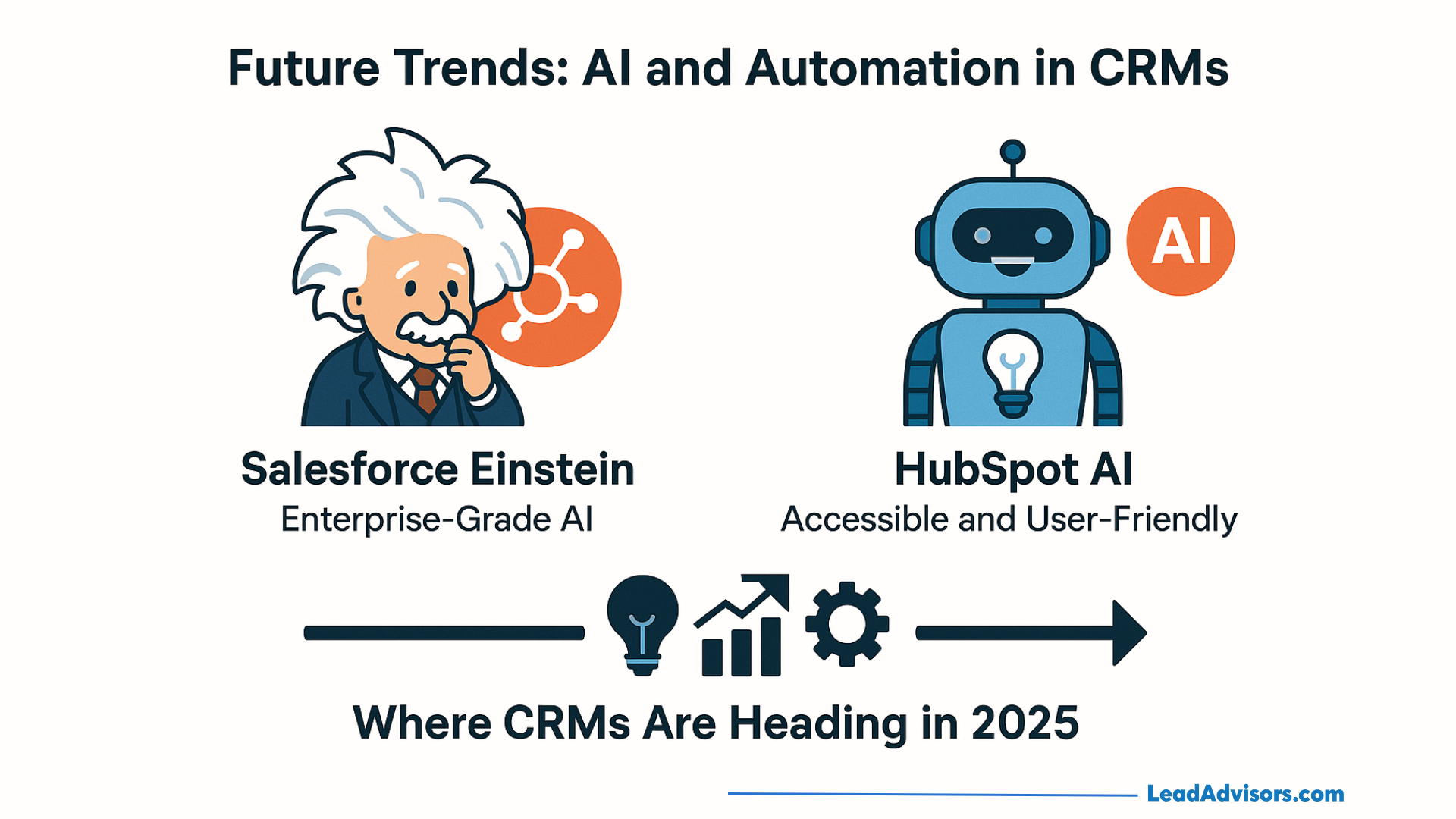
Artificial intelligence transforms how organizations leverage CRM software, with both HubSpot and Salesforce making substantial investments in intelligent automation. In 2026, the key distinction centers on whether your organization requires sophisticated advanced functionality or accessible tools tailored for a growing business.
Salesforce Einstein: Enterprise-Grade AI
Salesforce positions Einstein as the most comprehensive AI-powered CRM solution available. It enables predictive analytics, predictive lead scoring, and conversation intelligence that accelerate deal
closure for sales organizations. For enterprise customers managing extensive datasets, Einstein generates actionable insights directing sales representatives toward optimal follow-up actions. The platform also orchestrates complex workflows, making it particularly valuable for large sales teams operating across multiple pipelines and geographic territories.
HubSpot AI: Accessible and User-Friendly
HubSpot’s AI capabilities emphasize simplicity and accessibility over technical complexity. Rather than demanding specialized configuration, HubSpot embeds automation features natively within its Sales Hub and Marketing Hub. These include content creation assistance, intelligent lead scoring, and AI-driven recommendations for workflow automation. Though HubSpot AI may lack Salesforce’s technical depth, it better serves small businesses seeking immediate value without specialized expertise.
Where CRMs Are Heading in 2026
The upcoming generation of CRM innovation will emphasize:
- Seamless integration connecting AI capabilities with established sales processes
- Intelligent analytics tools that proactively surface relevant insights
- Enhanced automation supporting service teams in resolving customer issues more efficiently
- AI-driven personalization at scale across email, chat interfaces, and landing pages
Both platforms continue to advance toward more advanced functionality, though your optimal choice depends on organizational requirements. Salesforce maintains market leadership for enterprise-grade AI with unlimited customization potential. For practical AI enhancing daily productivity in a growing business, HubSpot offers a more manageable, lighter-weight solution.
Frequently Asked Questions
Is HubSpot like Salesforce?
Is HubSpot similar to Salesforce?
What's the difference between Salesforce and HubSpot?
HubSpot CRM vs SalesforceIQ: How do they compare?
Conclusion
When evaluating HubSpot vs. Salesforce, your decision should reflect organizational size, available budget, and the sophistication of your sales processes. HubSpot distinguishes itself through an intuitive interface, clear pricing models, and an accessible free plan, making it particularly well-suited for small businesses and teams prioritizing rapid implementation and consistent business growth.
Conversely, Salesforce provides advanced functionality, extensive customization, and the capacity to support large sales teams with comprehensive reporting and intelligent automation. Though it requires greater financial investment and implementation effort, it represents the optimal choice for enterprise customers demanding flexibility at enterprise scale.
Revisiting the decision framework:
- Choose HubSpot when you require affordability, straightforward implementation, and integrated marketing automation.
- Choose Salesforce when you need enterprise-level capabilities, sophisticated workflows, and international scalability.
Both platforms lead the CRM world, yet the ideal match depends on your current organizational objectives and future growth aspirations. Select the platform that addresses today’s challenges while supporting your company’s evolution over the next 12-24 months.

